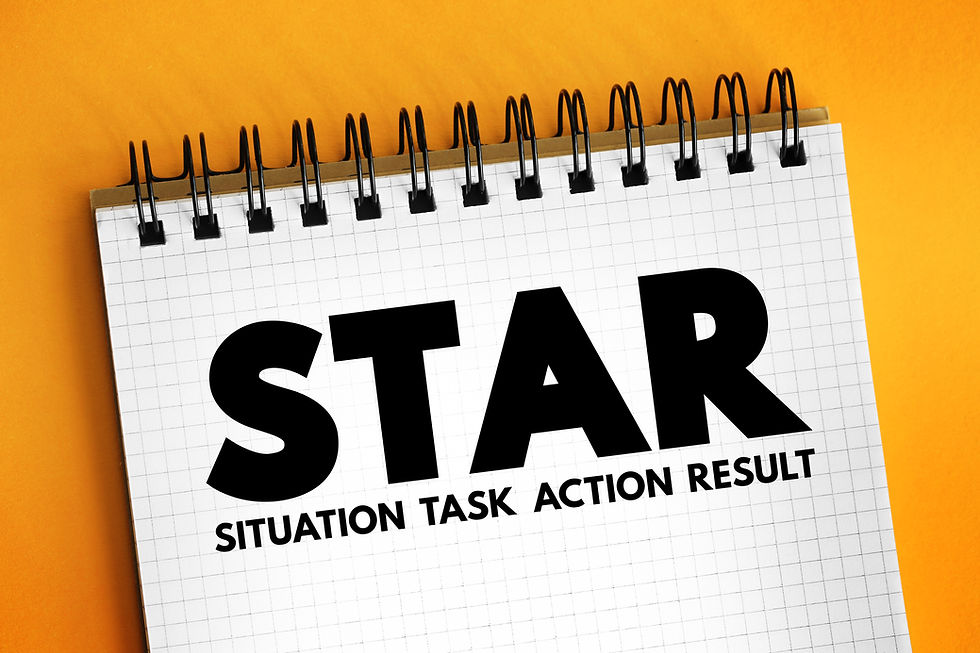Tell me about yourself - part 2
- Jun 23, 2022
- 3 min read

The most common question asked at an interview but in my experience, it’s the question that most often stumps a person.
You may hear those exact words or similar versions including
· Tell me why you have applied for this job?
· Walk me through your experiences?
· I have your resume in from of me but tell me more about yourself”
· Tell me a little bit more of your background?
Really it should be easy, after all each of us knows all about ourselves but this question can be stressful and really complicated.
An interview is all about them, the employer, and not about you the job seeker.
This seems such an obvious statement. Every question in a job interview is designed to get the information an employer wants.
However when the “Tell me about yourself” question is asked many job seekers forget this and fall into the trap of telling a story that has little real relevance to the job opportunity.
In an interview, every answer you give should only be focussed on addressing the
1.Responsibilities and competencies required for the position – these are determined from the job advert and the position description.
2.The values or purpose of the organisation – these are often best found on the company’s website and its LinkedIn activity. Have a look at what the CEO likes or comments on. An internet search will often produce articles discussing community activities or awards received.
3.The future strategy of the organisation – get this from annual reports and company communications.
Why interviewers ask the question?
For many interviewers the question eases them into the interview particularly for less seasoned interviewers.
Often depending on what you say will lead them into their next question. In reality your answer to this question can “control” the interview. Get it right and you will frame the interview and quickly position yourself as a prime candidate, in terms of experience and hard skills as well as soft skills. It’s a key opportunity to demonstrate your communication skills, that you can clearly and effectively connect with and react to other humans and present professionally.
A simple formula for answering “Tell me about yourself”
As this question is the most common question asked by interviewers you should have a prepared answer for it. There can be no excuses for this.
There is a simple structure that will give you an order in which to present information. Even if you know the structure and do no preparation, I am sure your answer to this question will be more relevant to the interviewer.
Its simple…
Present
Past
Future
1. Present – Start with now. Talk about your current role in terms of the position you are interviewing for. Only talk about experiences, responsibilities and competencies that relate to the new job. Mention specific accomplishments, again that relate to the job (remember, you can find these in the Position description and job advert)
2. Past – Talk about any additional experiences, skills and competencies from your past jobs or other activities that again support your suitability for the role. If you can, share an experience that aligns with the company values.
3. Future – Segue into what you want to do in the future and therefore why this job fits. (remember, this must still be all about them not about you. You must convince them that their future aligns with yours)
The power of Values-based interview answers
Answers to questions that in some way align with the values or purpose of the business or the person interviewing are the most powerful.
There is something that subconsciously happens when your answers align with an employer’s values. Immediately the interviewer starts to visualise you in the role, they can see you as a person they can work with, someone that will fit into the team.
So, when preparing for an interview, try to identify the values or purpose of an organisation and ensure that your answers are aligned.





Comments